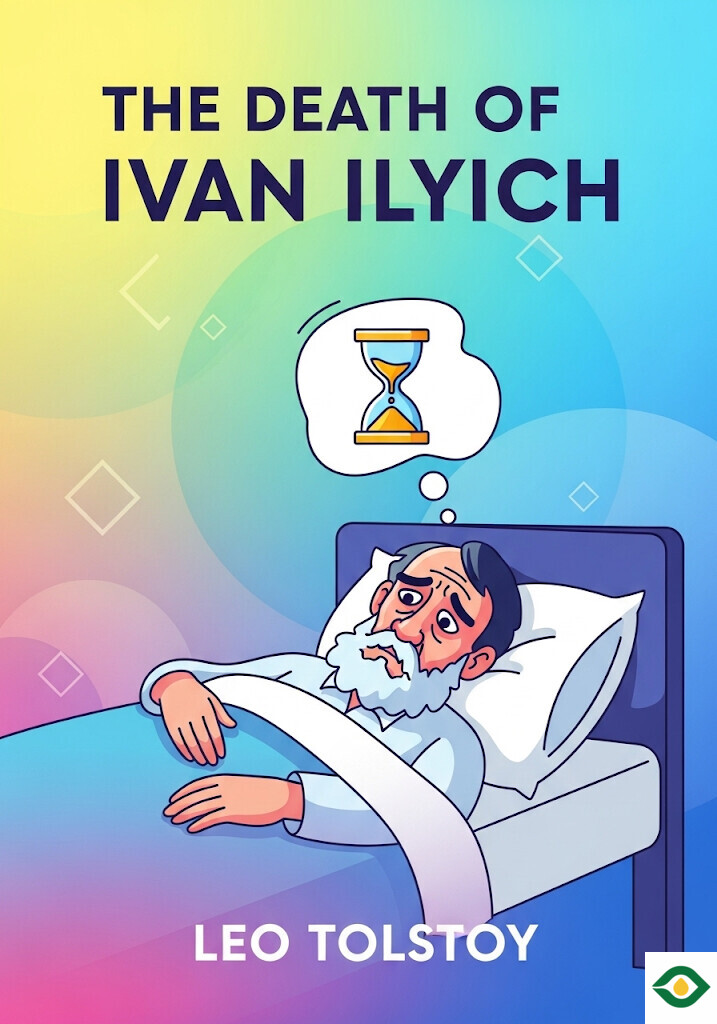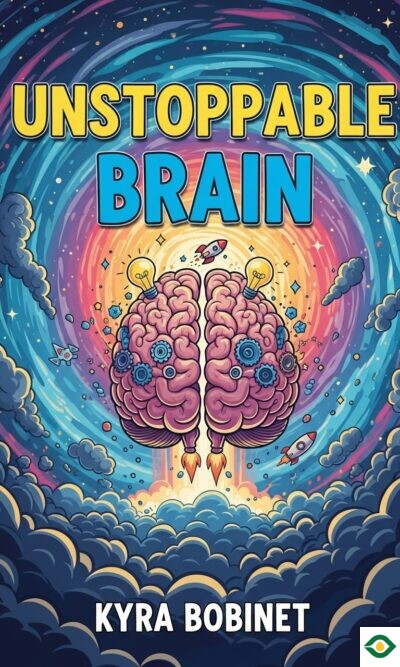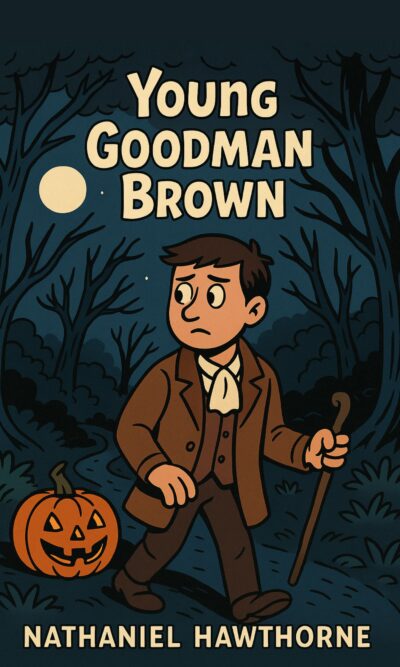Description
Ivan Ilyich was a man who seemed to have everything in life. He held an important job, lived in a fine home, and had a respectable position in society. His life looked perfect from the outside. He dressed neatly, spoke politely, and acted exactly as society expected him to. He followed the rules, climbed the career ladder, and believed this was the right way to live. Yet beneath all of this, there was little joy or meaning. His life was comfortable but empty, filled with routines and appearances.
Ivan married not for love but because it was the right step for a man of his rank. His family life was never very happy. His wife cared about appearances, his children were distant, and genuine warmth was rare. Still, Ivan never stopped to ask himself if this was truly living. He thought he was doing everything correctly, and that was enough.
One day, everything changed. Ivan began to feel a strange pain in his side. At first, he ignored it. He thought it was something small, something temporary. But the pain grew worse, and soon doctors were involved. They used complicated words but gave him no real answers. What became clear, however, was that his illness was serious, perhaps fatal.
This discovery shook Ivan’s world. Suddenly, the life he had built seemed fragile. His work, his home, his possessions—all the things he had once thought important—no longer mattered. The routines of his comfortable life were broken, and in their place came fear, confusion, and the awareness of death.
At first, Ivan refused to believe it. He thought the doctors must be wrong, or that medicine could still save him. But slowly the truth sank in: he was dying. This realization filled him with terror. How could someone like him, who had lived so properly, be facing death? It seemed unfair, even impossible.
As the illness progressed, Ivan began to look back at his life with new eyes. He saw how shallow it all had been. His career success, his social status, his elegant home—none of these brought him true happiness. He realized he had lived for appearances, not for himself. He had followed society’s rules without ever questioning whether they led to a meaningful life.
This reflection brought deep regret. He saw how empty his relationships were. Friends who once shared his evenings now avoided him. His colleagues cared little for his suffering, only for their own careers. His wife pretended to show concern, but Ivan could sense her impatience and distance. The people around him were uncomfortable with death and eager to look away. Ivan felt isolated, abandoned in his pain.
Yet not everything was hollow. In his final days, Ivan noticed small but powerful signs of genuine human care. His young son, though afraid, showed true sadness for his father’s suffering. A humble servant in the house, unlike everyone else, treated him with real kindness. These small gestures touched Ivan deeply. For the first time, he felt the meaning of sincere human connection, something he had missed his entire life.
The physical pain grew unbearable, but alongside it came an inner struggle. Ivan felt himself moving through layers of denial, anger, regret, and finally, a strange clarity. He began to see that death was not simply an enemy or an injustice, but a part of life itself. Instead of resisting, he started to accept it.
With this acceptance came peace. Ivan realized that death was not there to crush him but to free him. It stripped away the lies, the pretenses, and the vanity that had guided his life. It revealed what truly mattered: love, truth, and authenticity. In his final moments, Ivan discovered that a life lived for appearances is wasted, while a life touched by honesty and compassion is meaningful.
When death finally arrived, it was not as terrifying as he once imagined. Instead, it felt like a release. The fear, the pain, and the regret gave way to a deep calm. Ivan’s last thoughts were not of anger or despair, but of understanding. He saw death not as darkness, but as light.
The story of Ivan Ilyich reminds us of a simple but powerful truth: living according to society’s rules and chasing approval will never bring real happiness. True living comes from authenticity, from loving others, and from finding meaning beyond material success. Death, which seems like the end, can instead become the moment when life’s deepest truths are revealed.
Through Ivan’s suffering and acceptance, we see that the greatest tragedy is not death itself, but living a life that is never truly alive. His journey shows us that it is never too late to open our eyes, face the truth, and find peace.
In the end, Ivan’s story is not only about death but about life. It asks us to stop and consider: Are we living genuinely, or are we simply playing roles for the sake of others? Are we seeking real joy and connection, or are we hiding behind appearances?
Ivan’s final gift is the reminder that even in the shadow of death, clarity and peace can be found. By embracing truth and letting go of fear, he transforms his last moments into the most meaningful of his entire life.





